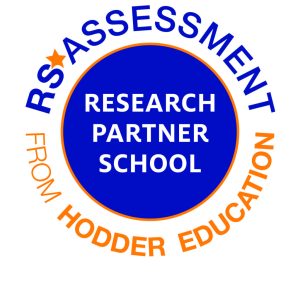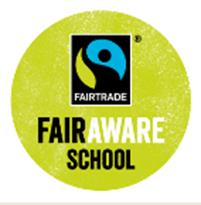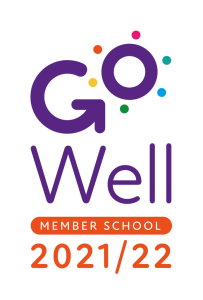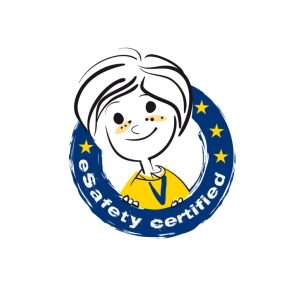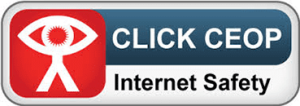What we say about History at Dean Bank Primary School
“I enjoy learning about how people in the past lived and comparing it to my life now.” – Stanley Y6
“We’re learning about the Romans and finding out about what they did for fun.” – Charlotte Y4
“I liked looking at toys from the past.” – Evelyn Y1
Our Intent
At Dean Bank Primary School, we believe that high-quality history lessons inspire children to want to know more about the past and to think and act as historians.
Key focus questions about their own past and their local areas history in KS1 building onto key historical periods taught in chronological order in KS2 give children opportunities to investigate and interpret the past, understand chronology, build an overview of Britain’s past as well as that of the wider world, and to be able to communicate historically.
We develop children with the following essential characteristics to help them become historians:
- An excellent knowledge and understanding of people, events and contexts from a range of historical periods, including significant events in Britain’s past.
- Learning about the concept of chronology, which underpins children’s developing sense of period, as well as key concepts such as change and causation.
- The ability to think critically about history and communicate ideas confidently to a range of audiences.
- The ability to support, evaluate and challenge their own and others’ views using historical evidence from a range of sources.
- The ability to think, reflect, debate, discuss and evaluate the past by formulating and refining questions and lines of enquiry.
- A respect for historical evidence and the ability to make critical use of it to support their learning.
- A desire to embrace challenging activities, including opportunities to undertake high-quality research across a range of topics.
- A developing sense of curiosity about the past and how and why people interpret the past in different ways.
Long Term Plans
Progression of Skills
Useful websites
Whole School:
http://www.bbc.co.uk/history/forkids/
http://www.bbc.co.uk/schools/websites/4_11/site/history.shtml
https://www.natgeokids.com/uk/category/discover/history/
KS1:
https://www.bbc.co.uk/bitesize/topics/zd8fv9q
https://www.geffrye-museum.org.uk/learning/walk-through-a-victorian-house/
https://www.francisfrith.com/ferryhill/photos
KS2:
http://primaryhomeworkhelp.co.uk/greece/today.html
https://www.bbc.co.uk/bitesize/subjects/zcw76sg
http://ww2history.com/
Archived Curriculum Work
You can view our Archived History Curriculum work on our website.

